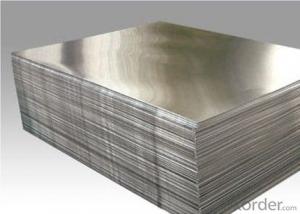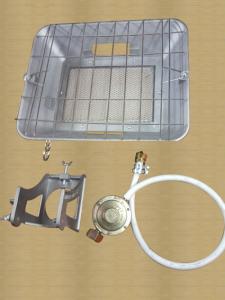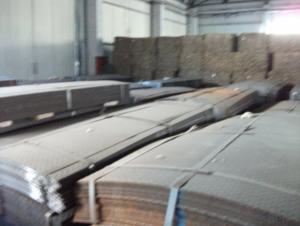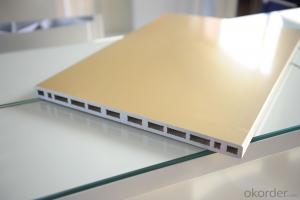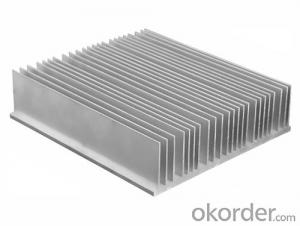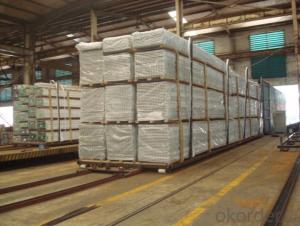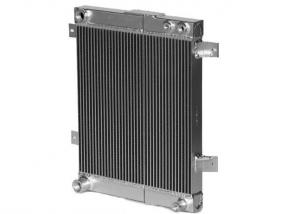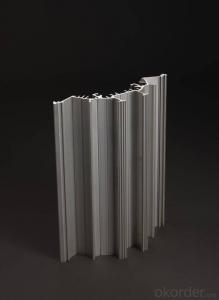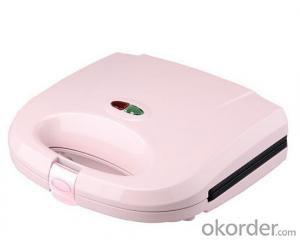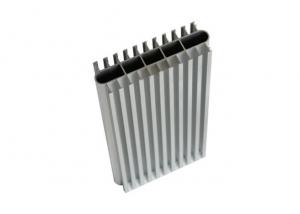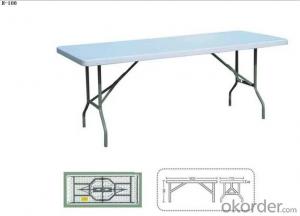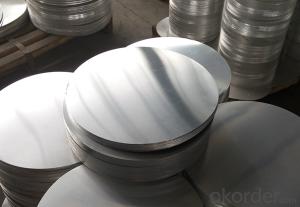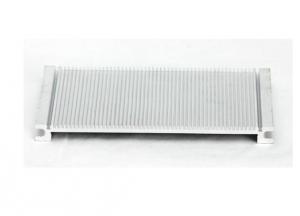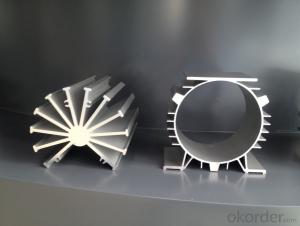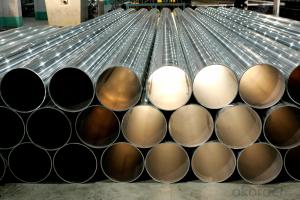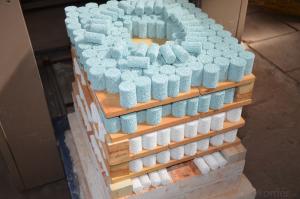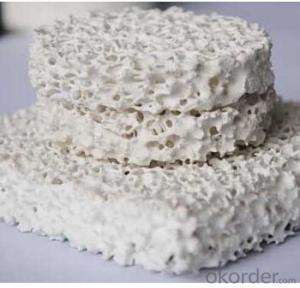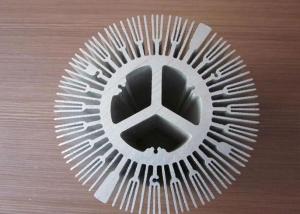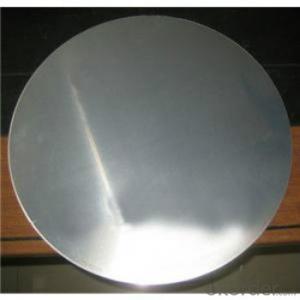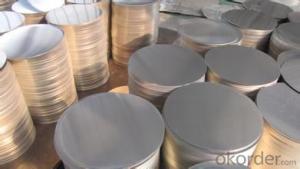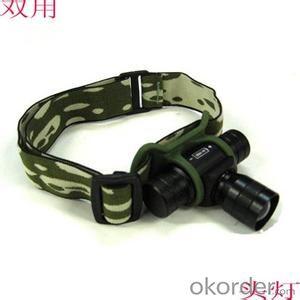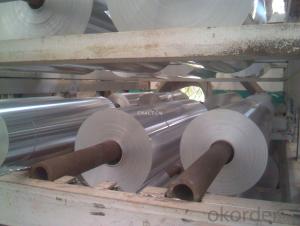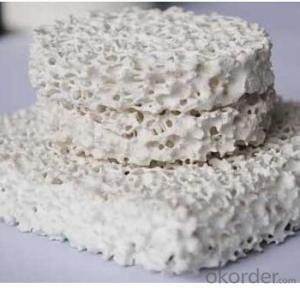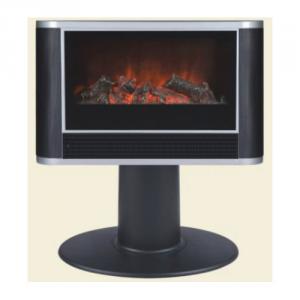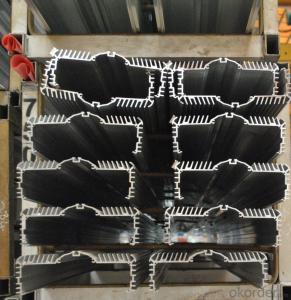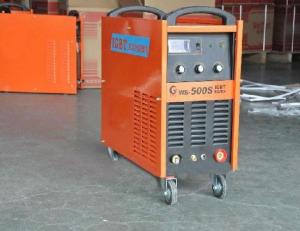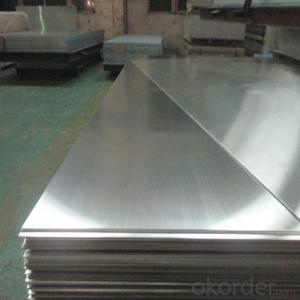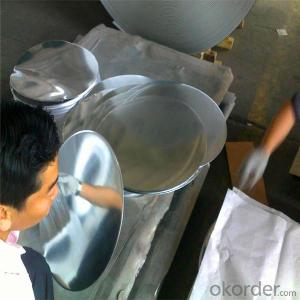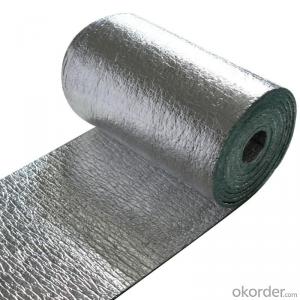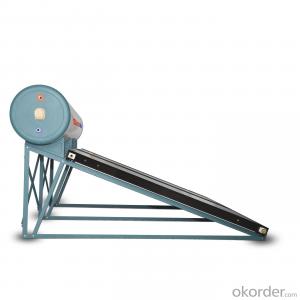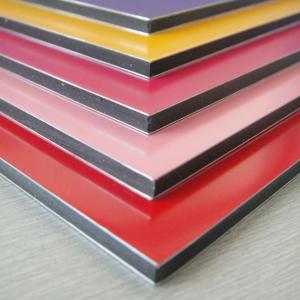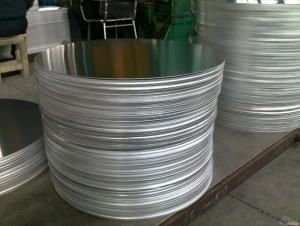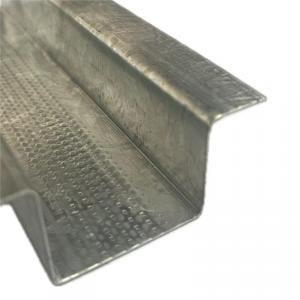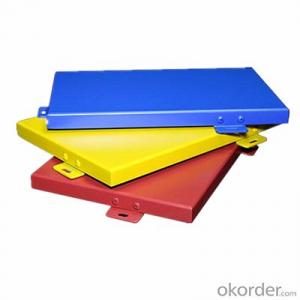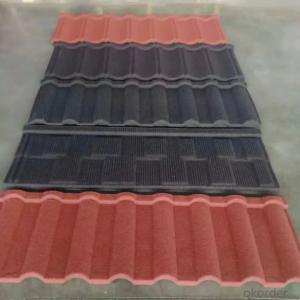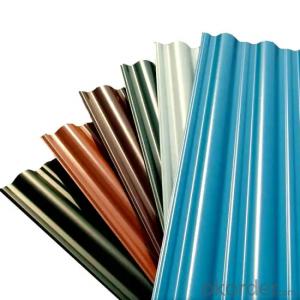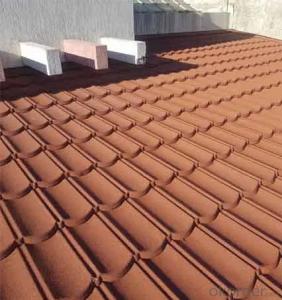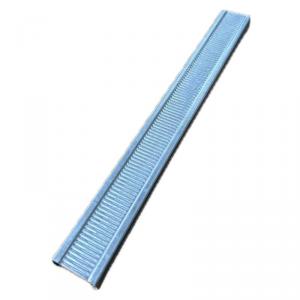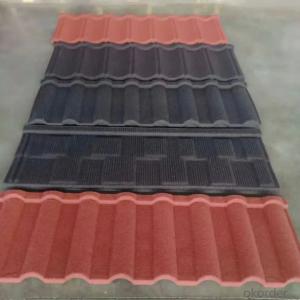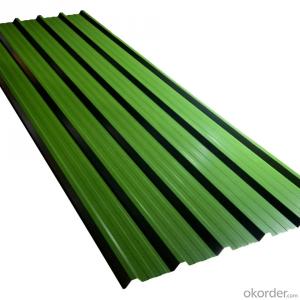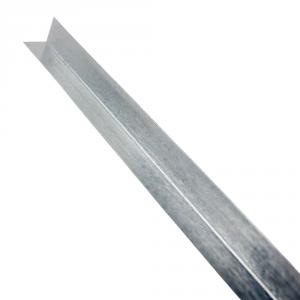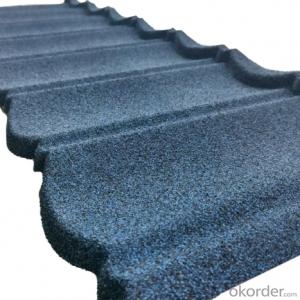Aluminum Plate Heater
Aluminum Plate Heater Related Searches
Aluminum Heater Plate Aluminum Hot Plate Aluminum Foil Heater Plate Aluminum Cooling Plate Aluminum Heat Sink Plate Aluminum Cold Plate Aluminum Metal Plate Aluminum Grill Plate Aluminum Cooking Plate Aluminum Foil Heater Aluminum Flat Plate Aluminum Wall Plate Aluminum Diamond Plate Cooler Aluminum Heel Plate Aluminum Floor Plate Aluminum Serving Platters Aluminum Surface Plate Aluminum Tool Plate Aluminum Thawing Plate Aluminum Mounting Plate Aluminum Caul Plate Aluminum Cake Plate Aluminum Paper Plate Aluminum Pressure Plate Aluminum Motor Plate Aluminum Cast Plate Aluminum Foil Platter Aluminum Profile Plate Aluminum Round Plate Aluminum Charger PlateAluminum Plate Heater Supplier & Manufacturer from China
Aluminum Plate Heaters are a type of heating element designed for various industrial applications, utilizing the excellent thermal conductivity of aluminum to provide efficient and uniform heat distribution. These heaters are commonly used in scenarios where precise temperature control and rapid heat-up times are required, such as in the automotive, aerospace, and food processing industries. The aluminum plates are engineered to withstand high temperatures and resist corrosion, making them a reliable choice for demanding environments.The Aluminum Plate Heater is widely recognized for its versatility and effectiveness in a range of applications, from freeze protection to maintaining process temperatures in various equipment. Its ability to provide consistent heat across a large surface area makes it ideal for applications where even heat distribution is critical. This product is particularly useful in situations where a rapid response to temperature changes is necessary, ensuring that processes remain efficient and within the desired temperature parameters.
Okorder.com is a prominent wholesale supplier of Aluminum Plate Heaters, boasting a substantial inventory to cater to the diverse needs of clients across different industries. By offering a comprehensive selection of these heaters, Okorder.com ensures that customers can find the perfect fit for their specific requirements. The company's commitment to quality and customer satisfaction has made it a trusted source for businesses looking to enhance their operations with reliable heating solutions.
Hot Products
